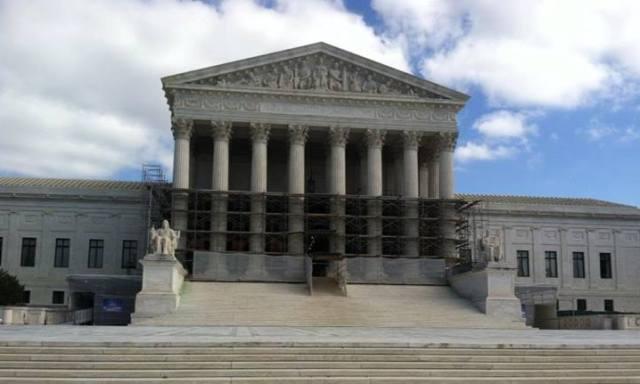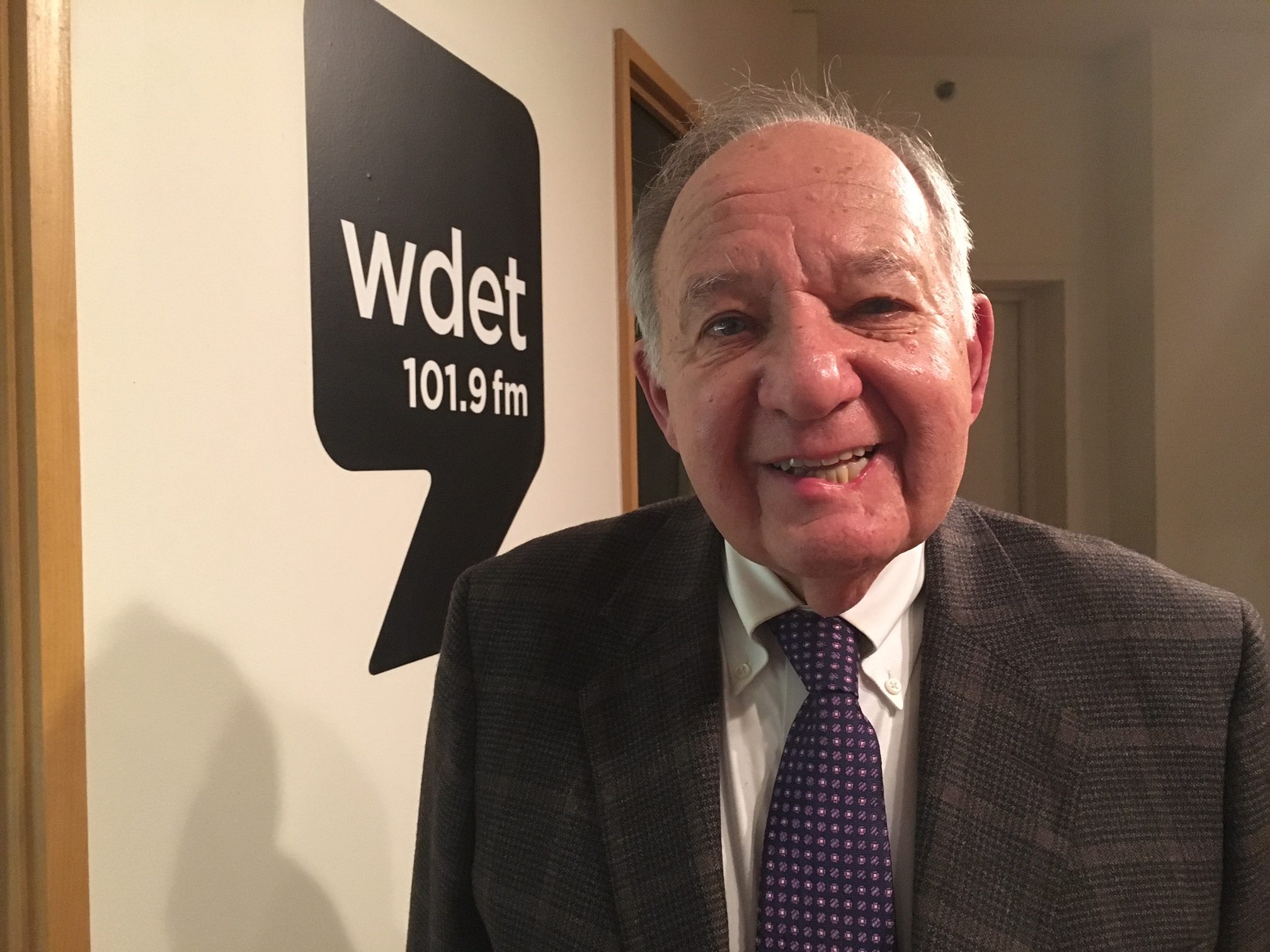What Would Four More Years of SCOTUS Obstruction Mean For The Court And The Country?
Experts Robert Sedler and Amy Howe join Detroit Today to discuss the high court’s impact on this election.


Since the death of Justice Antonin Scalia, the United States Supreme Court has been limited to just eight justices while Republicans in the U.S. Senate block President Obama’s nomination to fill the vacant seat.
Just yesterday, Sen. John McCain (R-AZ) told a Philadelphia radio station that Republicans will continue to block any of Hillary Clinton’s nominations should she win the presidency in November. He has since attempted to walk back that statement.
But that’s especially remarkable given that three of our sitting justices will be older than 80 years old in a couple of years, meaning there could soon be multiple vacancies.
Assuming the Senate allows nominations to move forward, the next president will undoubtedly shape the nation’s high court for years after he or she is out of office.
What would four more years of obstructing judicial nominations mean for the court? What could happen to avoid that? And what issues are most likely to be affected by the court in the coming years?
“When the framers in the 18th Century drafted our Constitution, they did not contemplate political parties,” says Robert Sedler, a professor at Wayne State University’s law school. “So we have political parties superimposed on a constitution that wasn’t supposed to have them.”
Amy Howe is a court blogger, and former editor of SCOTUSblog, where she’s still a frequent contributor. She also joins Detroit Today to talk about the implications of this election on the court and the issues it could decide in the near future.
“There are plenty of other issues in which you could see a shift on the court,” says Howe. “Some of them that come to mind are gun control and campaign finance… And then there’s a question of some of the other issues like affirmative action and reproductive rights where the court in the last year or so has issues relatively liberal rulings. It might may be solidifying those liberal rulings some more.”
To hear the full conversation, click on the audio player above.
